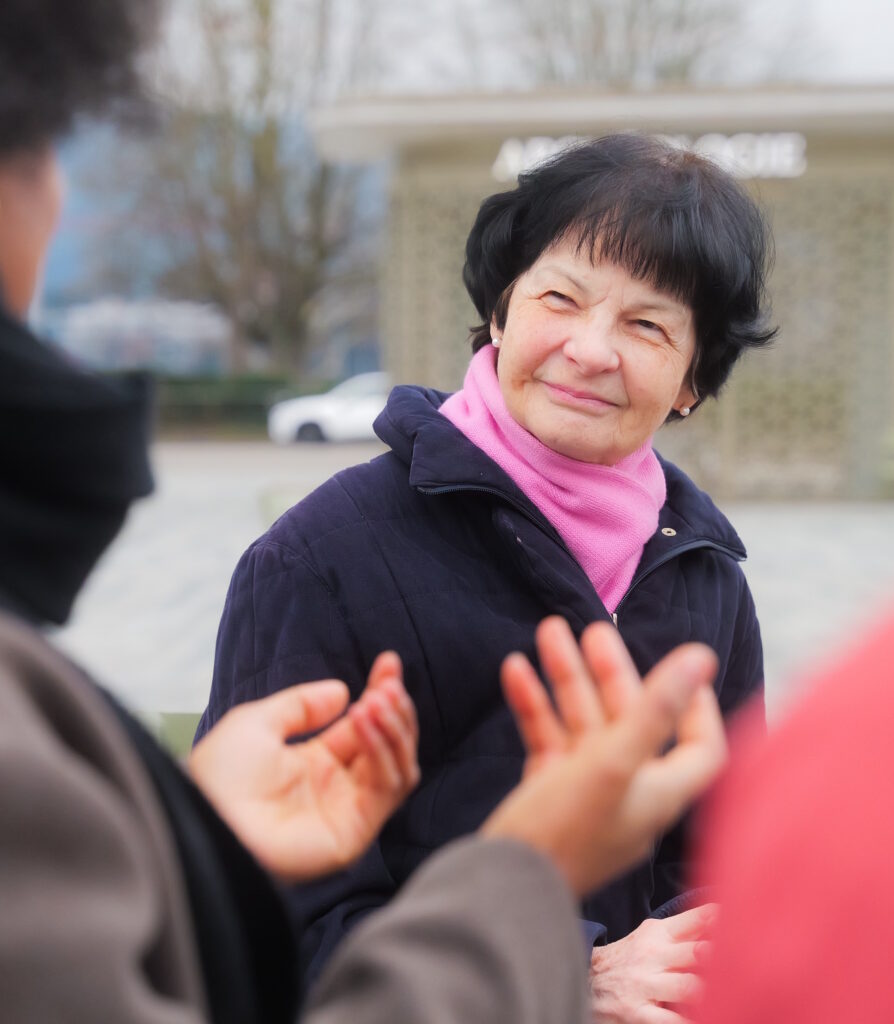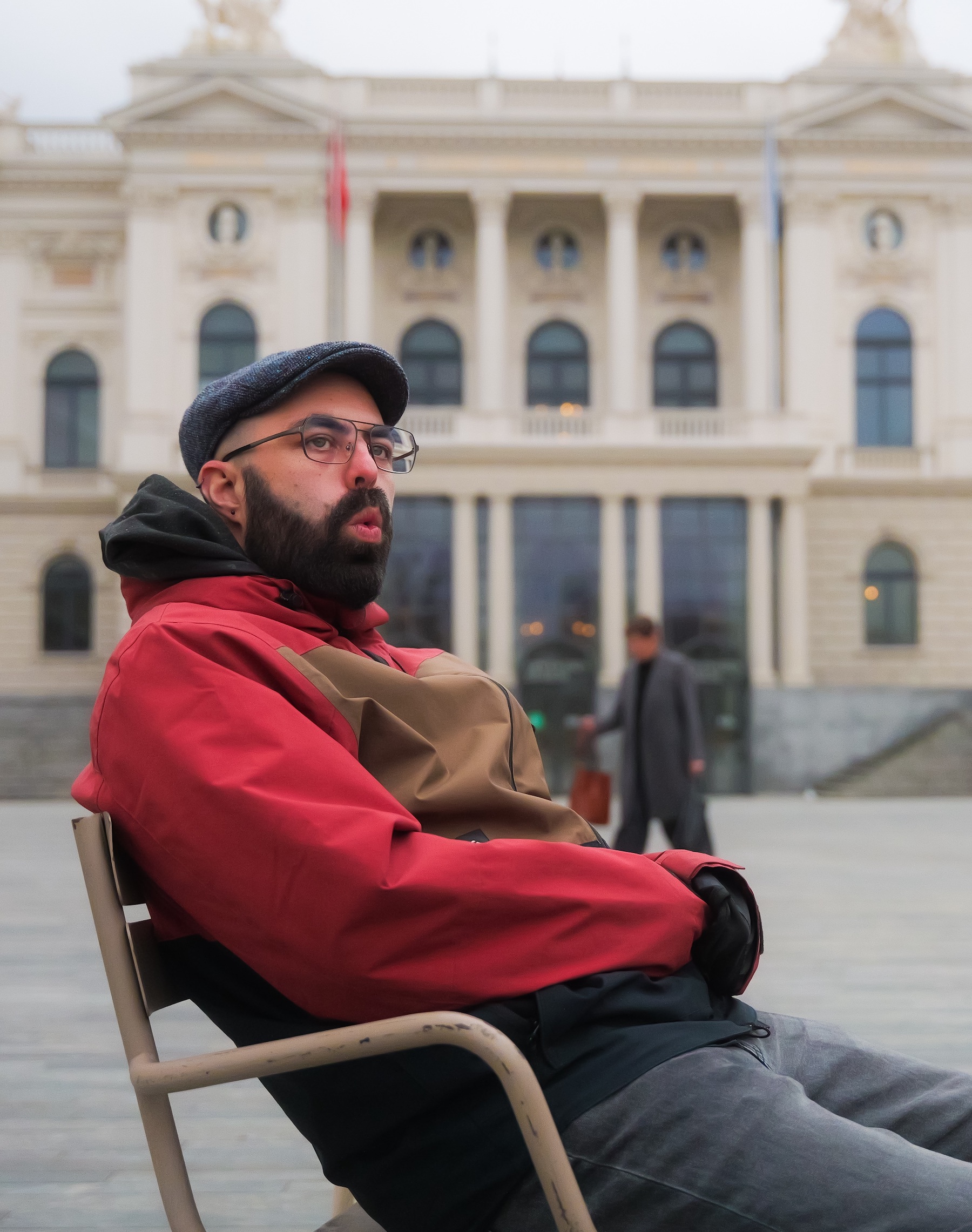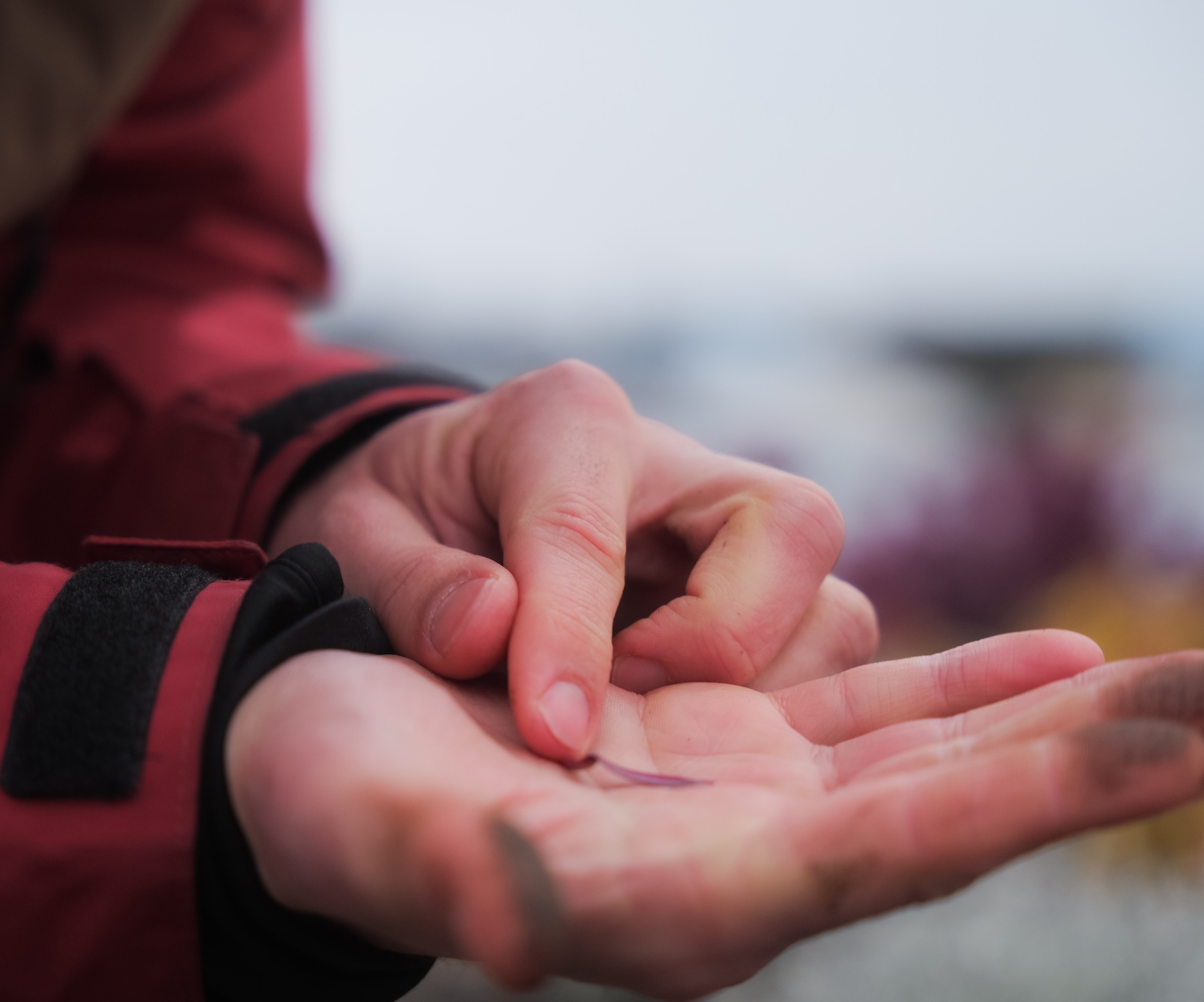Mini Activtiy Approach
What is the Mini-Activity-Approach (MAA)?
The Mini-Activity-Approach (MAA) is a method for building up resilience through intentional, short actions — so-called Mini-Activities. The MAA draws from scientific research and can be applied in an engaging and flexible way in various contexts, ranging from personal resilience development to use in occupational therapy, coaching, or other therapeutic settings.

The MAA in Three Core Phases
1. Try it and see
2. Expanding the repertoire
3. Training flexibility
The MAA is divided into three key phases. In the first phase you focus on performing activities that make you feel good. This involves actively engaging in the activity and subsequently reflecting on its positive physical and mental effects. In the second phase, you begin collecting a variety of mini-activities, that feel good to you. This lays the foundation for the third phase, in which you use your repertoire of activities flexibly and mindfully in your everyday life. It’s like a well curated artists’ toolbox. In time and with growing experience you will learn to use your activities skillfully, like tools, in different situations to cope with life’s challenges and learn from them. You can expand, adapt and refine your activity toolbox over the course of your life.
Resilience
Resilience is the process and outcome of successfully adapting to difficult or challenging life experiences, especially through mental, emotional, and behavioral flexibility and adjustment to external and internal demands. Psychological research demonstrates that the resources and skills associated with resilience can be cultivated and practiced. (American Psychological Association, 2018) Resilience is shaped by a combination of personal and external environmental factors. Three important factors are a good social network that provides support and encouragement, positive thinking with a hopeful outlook on the future, and psychological flexibility, which is the ability to think in terms of possibilities and solutions.
Activities
The ability to respond resiliently to challenging events over the course of a lifetime is complex. At first glance, it may seem overwhelming and difficult to influence. However, scientific studies repeatedly show that we can expand our capacity to react more resiliently to adverse events and even learn from them through reflection and engaging intentionally in positive actions and behaviours.
Simply knowing that it is healthy to maintain social connections, stay physically active, or have positive thoughts is not enough to strengthen resilience. That is why action is at the core of the MAA. More specifically, engaging in social, mental, and physical mini-activities that create positive experiences, interrupt rumination, and focus on what is healthy and within my ability to influence.


Why Mini?
In the pursuit of a more resilient lifestyle, there is a risk of setting unrealistic goals — much like New Year’s resolutions, which often fail to lead to sustainable change. A part of human behaviour research explores what it takes to successfully change behaviour. The key is to start small. While a situation might be painful, it doesn’t have to define the trajectory of life. This point of view can enable you to focus on the aspects of life that are within your control and to take the next, small step on the way to positive change.
Even seemingly simple actions can have a significant impact. Imagine, for instance, what would happen if you never brushed your teeth? Also, our actions, thoughts, and what we expose ourselves to influence and are influenced by our hormonal system. For instance, a smile, a favourite piece of music, or a happy thought can immediately trigger a biochemical reaction in the body and lift our mood. Even if it only lasts a short while, this is a fast reacting mechanism which we can use to our benefit.
To help you on your resilience journey, the Mini-Activity-Approach focuses precisely on mini, but effective activities.




